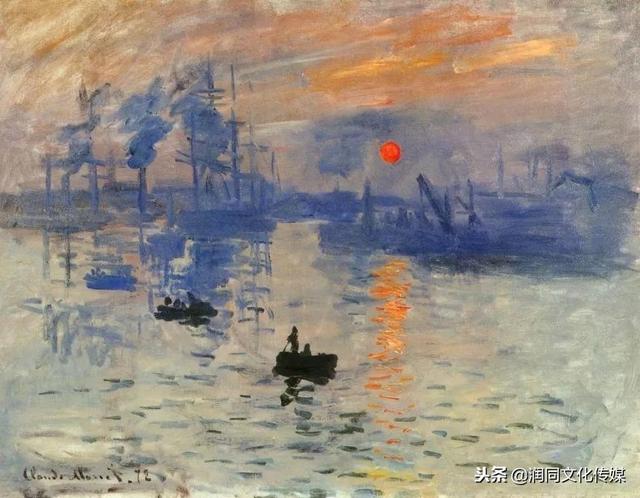【释义】
进退两难的窘境;(因受互相冲突或互相依存的情况所掣肘而)无法摆脱的困境
a dilemma or difficult circumstance from which there is no escape because of mutually conflicting or dependent conditions
【单词小故事】
catch-22一词源自约瑟夫·海勒于1961年出版的同名小说《第二十二条军规》。(海勒原本打算将小说命名为Catch-18,但出版商Leon Uris's Mila 18说服他换掉了其中的数字)
书中的第二十二条军规是这样说的:一般来说,作战飞行员是疯狂的(因为在执行作战任务时,他必须表现得疯狂)。而军队又规定精神错乱(前面提到的疯狂)可以作为停飞的正当理由,因此飞行员仅要征得上级同意后,就可以不执行飞行任务;但是如果他这么去和上面说的话,他又是理智的(因为任何想退出作战场的人都必须有理智的思维),之后他还得接着执行飞行任务。
也就是说,尽管军队规定作战飞行员执行任务时不得不表现出来的疯狂姿态可以作为申请停飞的理由,但是如此去申请的飞行员实际上又没疯(因为他发现并利用了这个“漏洞”想逃脱执行任务),上级不会同意他的申请,他只得继续执行任务。
所以,Catch-22就成了“任何不合理、或迂回不通、又或各种绝无可能的情况”的代名词,并加入到英语单词的大家庭中。
Catch-22 originated as the title of a 1961 novel by Joseph Heller. (Heller had originally planned to title his novel Catch-18, but the publication of Leon Uris's Mila 18 persuaded him to change the number.)
The novel's catch-22 was as follows: a combat pilot was crazy by definition (he would have to be crazy to fly combat missions) and since army regulations stipulated that insanity was justification for grounding, a pilot could avoid flight duty by simply asking, but if he asked, he was demonstrating his sanity (anyone who wanted to get out of combat must be sane) and had to keep flying. Catch-22 soon entered the language as the label for any irrational, circular, and impossible situation.
Joseph Heller & his novel Catch-22 (google.com)
【例句】
Following her graduation from college, Kelsey struggled with the classic job-seeker's catch-22: how to acquire work experience in her chosen field without already having a job in that field.
大学毕业后,凯尔西面临着求职者普遍的两难局面:如何在尚未从事该领域工作的情况下获得她所选择领域的工作经验。
今天的每日一词,请各位查收~











